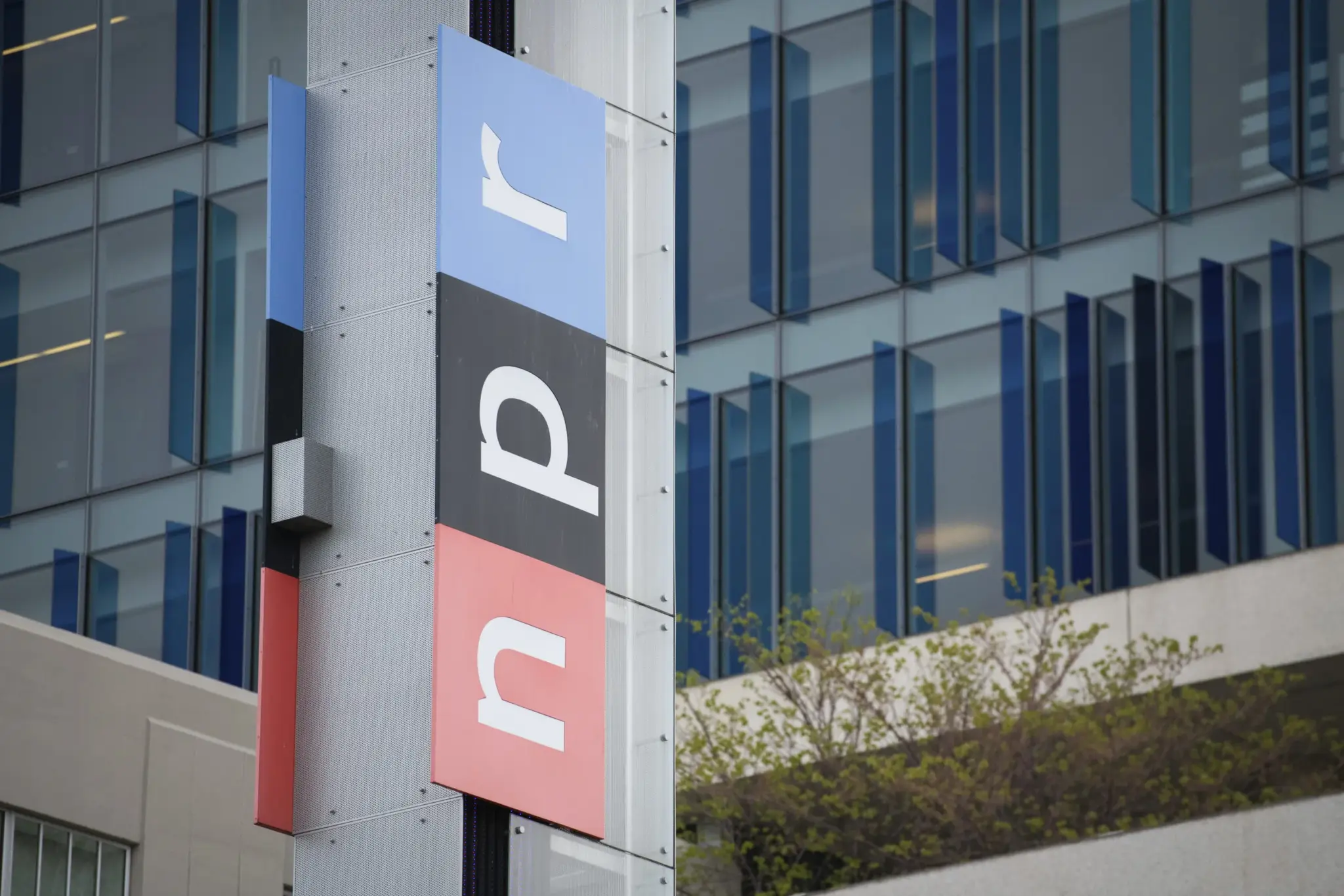- cross-posted to:
- technology@beehaw.org
- cross-posted to:
- technology@beehaw.org
Six months later, we can see that the effects of leaving Twitter have been negligible. A memo circulated to NPR staff says traffic has dropped by only a single percentage point as a result of leaving Twitter, now officially renamed X, though traffic from the platform was small already and accounted for just under two percent of traffic before the posting stopped.



NPR is one of those big names in media with enough inertia that they can survive without just the usual social media bump a lot of other smaller sources rely on. Especially since theyre a big podcast giant at this point.
Does the “social media bump” definitely exist, especially for Twitter?
Even this article seems to indicate it didn’t. Less than 2% of their page views were coming through Twitter. That’s practically a rounding error, in spite of them at the time having quite a huge account.
Do people really click links and leave the site in any meaningful numbers? Click through, linger, read articles? Or do they just read the headline preview and then go off on their opinions? Especially for a serious, careful news organization like NPR, I really doubt it.
You’re on Twitter to Tweet, not click links and read articles.
Twitter’s value, I feel, was always in news discussion – not article reading – and #brand nonsense. There’s really no good reason for any major news agency to be actively posting their content to it.
Ive seen plenty of people share news with me in the form of a tweet with an abbreviated link that goes to an actual source making me wonder why they didnt just send the source(probably because they didnt click the link or felt the abbreviation was helpful).
It’s one of the huge issues the modern web faces. People dont spend time surfing from site to site like they used to , they mostly spend time scrolling a major social media platform(whether that be reddit, facebook, lemmy, twitter, mastodon, google news, etc) and scroll past shared headlines. Often not even clicking the link just scrolling past the headline.
Its one of the reasons many news sites are having a lot of trouble advertising and making money. It’s why we have those controversial protectionist laws like in australia that are penalizing google news, and it’s why web design of website home pages has gone down the toilet. Lots of websites are getting a more generic design on the grounds that most of their traffic doesnt come from someone going to “website.com” and seeing what’s new they come from facebook mostly.
NPR is a little different because it isnt primarily a text based news source they are an audio one. Since theyre mostly radio programming they could keep focusing and producing their bread and butter and were able to transition gracefully into the podcast era. They rely on being in people’s podcast feeds, or on peoples phones on an app more than they do being on x or facebook.
I feel like it’s also a demo issue. I feel like there is a large overlap of people who listen to NPR and people who are like not going to follow Elon as he flushes twitter into the x toilet.